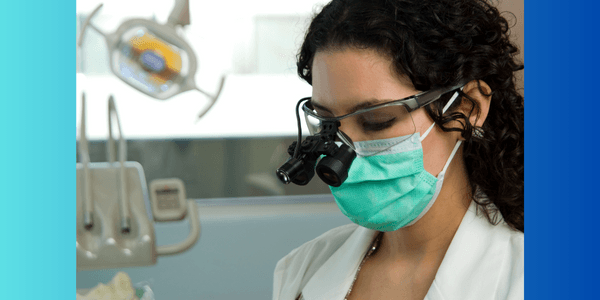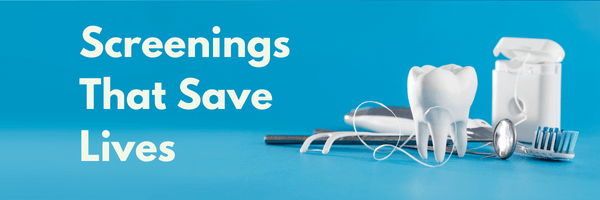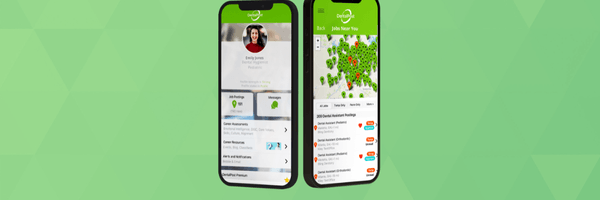
Can Hygienists Be Their Own Boss?
Posted April 11, 2024
If you are thinking of starting your own business, you are not alone. Many hygienists are exploring unconventional business models that allow them the flexibility and freedom of being their own boss. Read on for ways hygienists are becoming their own bosses including these inventive business models:
Mobile dental practice
There are many benefits to a mobile dental practice. First, you may be able to find a niche in any area where dental services are inaccessible or difficult for individuals to obtain. Second, the overhead costs of a mobile practice may fall far below what a brick-and-mortar office commands. The theory of going where you are needed could be the key to attaining and maintaining a loyal clientele amid a competitive market.
Independent clinical consultant
If you want to make your own hours and be your own boss, consider offering your services as a consultant. This could be in terms of a market or product you are offering insight on, or it may be to an agency or business in the dental industry. You are a clinician, and your experience is valuable; allow this insight to forge the way toward an independent role as a consultant in some manner or niche in the dental industry.
Founder of a non-profit agency
Want to make a difference? Give some thought to starting a non-profit agency. This could provide much-needed dental services to a particular demographic, such as shut-ins, the elderly, or the incarcerated. Research available grants and funding that may be available as you begin to design and plan your business model; seek out other professionals with similar missions that may want to contribute some of their time or expertise to your cause. Over time, this agency could grow into an enterprise that allows you the freedom to be your own boss and the income to support your desired lifestyle.
Professional speaker, writer, or educator
If you don’t mind leaving direct dental care, you may put your experience to use as a speaker, writer, or teacher. Share your knowledge, experience, and insights with others through journal articles, blogs, motivational speaking opportunities, or academic lectures. Speaking arrangements typically pay a flat fee and per diem, while a writer may receive royalties and per-word compensation. Depending on the level of freedom you seek, you could find freelancing in these fields the best way to utilize your dental expertise.
Start your own business — Be an Intrapreneur
Businesses are born both out of frustration and as a way to improve things. For example, DentalPost was created as a side gig for founder Tanya Lanthier, RDH. She placed ads everywhere, took calls, and spread the word about DentalPost. Often she had to multitask: making dinner with her twin babies attached to both her legs and having the phone sandwiched between her ear and shoulder while taking calls! Then, she worked after the twins went to sleep around seven at night.
Lanthier promoted DentalPost during her dentist’s lunch break. During this time, she would eat lunch in her car on the way to other dentists’ offices to drop off flyers and tell them about DentalPost. Lanthier would stay up late at night sending letters to dental professionals telling them about our service. She wanted to help people connect, and she believed she had the service for them.
Important Notes Before Setting Onto Your New Venture:
- Be sure that your business is permitted in the state that you live in. Currently, only a few states allow hygienists to provide services without a licensed dentist on-premise. For instance, hygienists in Colorado may open their own practice, while Georgia requires the supervision of an on-site dentist. Check your state’s laws and guidelines carefully.
- Hygienists that seek independence may want to consider expanding their educational background to match up to the expertise of owning their dental practice. There may be loan forgiveness programs to accommodate hygienists returning to school to become practicing dentists in many regions.
- Look at international opportunities that may allow hygienists to work with high-risk groups or impoverished areas. While this isn’t the most lucrative option, the insight and experience can prove life-altering and provide many experiential learning opportunities.
Updated April 2024
We connect and educate more than 900,000 job seekers in the U.S. and Canada to build better places to work through teams that excel.



.png)




.png)
